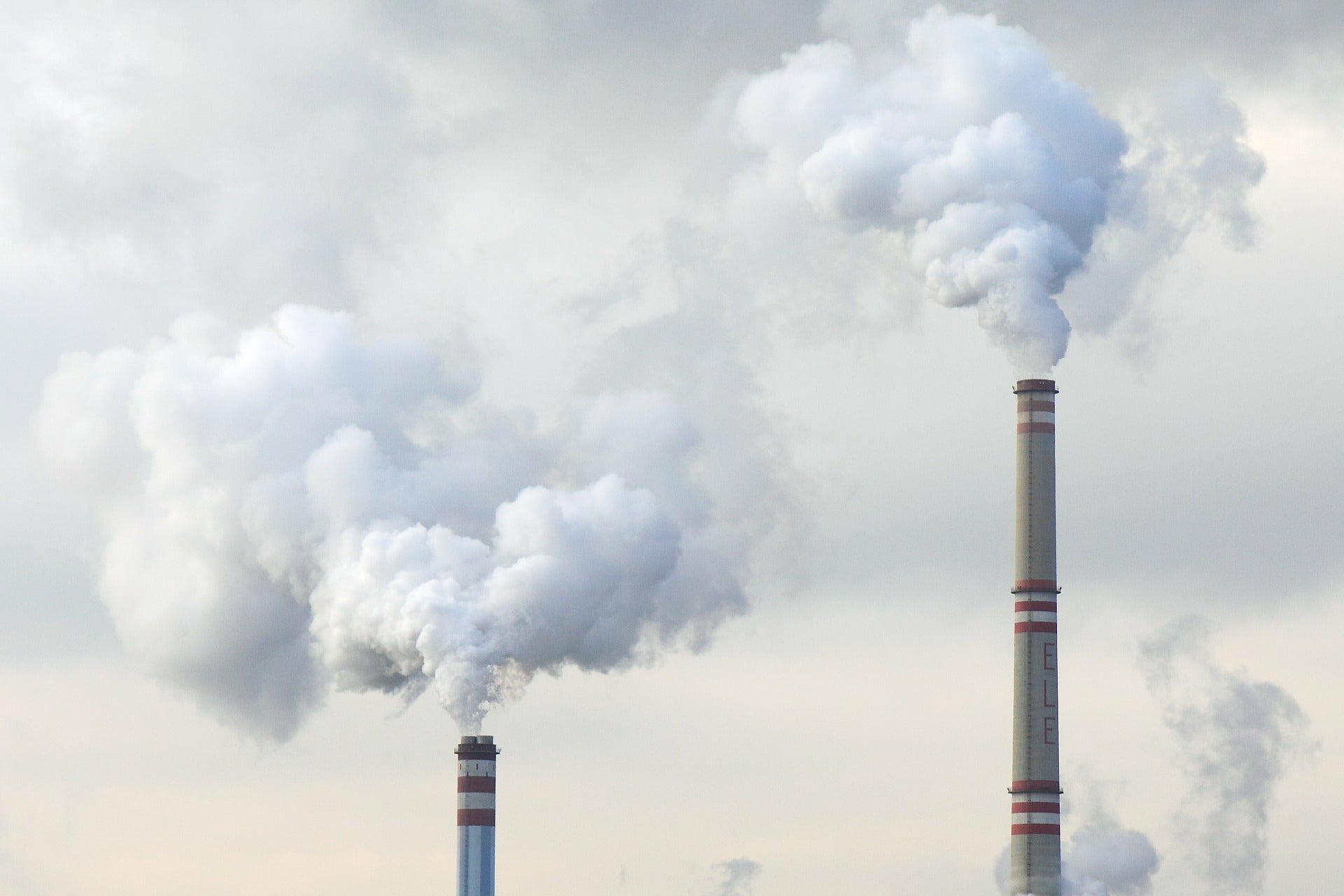Citizens Climate Lobby forming local chapter in support of carbon tax
Published 7:37 pm Wednesday, March 27, 2019

- Public domain
Is there a way to limit global warming, promote development of clean energy and give many people a tax refund using the power of free-market economics? The Citizens Climate Lobby believes there is, and it’s called a carbon tax.
A group of area residents is forming a chapter of the nationwide group, which aims to generate grassroots support from people of all political stripes for a carbon tax. Everyone is being invited to a kickoff event at the Boyle County Public Library on April 7, from 1:30-3:45 p.m., when they can learn more about what a carbon tax is and how it could work.
“Once people are aware of this kind of plan, most everybody finds it very appealing,” said Christine Missik, a group development coach for Citizens Climate Lobby with ties to Danville. “It is a very appealing plan regardless of where you fall on the political spectrum; there’s a lot to recommend it.”
Centre Professor and economist David Anderson is one of the local residents supporting the formation of the new CCL chapter.
Anderson is one of 3,508 economists who in January signed a statement on “carbon dividends,” endorsing the general framework by which a carbon tax could work. Also signing the state: four former Federal Reserve chairs, 27 Nobel Laureate economists, 15 former chairs of the Council of Economic Advisers and two former secretaries of the U.S. Department of Treasury.
Creating a carbon tax would be “an acknowledgement that we have a tremendous threat from pollution and climate change that is coming up against a fierce fight by the fossil fuel industries,” Anderson said. But it’s also “a bipartisan, market-based solution that, to the signatories, seemed like it’s perhaps among the fairest and most viable solutions out there.”
A carbon tax would be implemented at the source — on companies that produce fossil fuels that put carbon into Earth’s atmosphere when burned. One proposed amount could be $40 per ton of carbon, Anderson said.
Companies would pass some of that tax cost onto consumers, raising prices on things like gas and electricity generated by fossil fuels, Anderson said. But the tax revenue generated wouldn’t be spent — it would be refunded back to everyone in equal amounts, perhaps on an annual or quarterly basis, he explained.
People who continue to use larger amounts of fossil fuels would pay more as prices rise, while people who find alternatives would avoid the added cost, Anderson said. The refunds from the tax revenues would reduce the net impact of the price increases for heavy users, and could even net a profit for people who already don’t use a lot of carbon or find ways to avoid it.
“The price would go up but you’d get it back,” Anderson said. “… By putting incentives in the right place, it would indeed encourage them to use the clean energy when possible.”
Anderson said a carbon tax harnesses the “invisible hand” of the free market to help solve global warming. It’s attractive to people of many political persuasions, he said, calling it a “bipartisan effort to bring about cleaner skies and a safer environmental outlook.”
A carbon tax could be implemented alongside a relaxation of some environmental regulations, such as the Clean Power Plan implemented under President Barack Obama, Anderson noted.
There is legislation currently being considered that would create a carbon tax, such as the Energy Innovation and Carbon Dividend Act, Anderson said. The CCL and its more than 400 chapters across the U.S. aims to lobby local legislators in favor of such proposals, he said.
“The momentum behind this particular one and the fact it has wide, bipartisan support, makes it more likely than what we’ve seen in the past. So I’m relatively optimistic, although in this political climate, I’m not sure,” he said. “… It’s important that all of us on all sides understand the problem and understand the solutions and fight for what’s right for society.”
SO YOU KNOW
A climate advocate workshop has been scheduled as a kickoff event for a local chapter of the Citizens Climate Lobby from 1:30 to 3:45 p.m. on April 7 at the Boyle County Public Library, 307 W. Broadway St., Danville.
Attendees will learn about the Energy Innovation and Carbon Dividend Act and have the opportunity to sign up to participate in the local CCL chapter. Registration is not required, but appreciated, by visiting catwdanvilleky.eventbrite.com. For questions, email Chris at ckayakm@aol.com.
ONLINE
The Citizens Climate Lobby website is citizensclimatelobby.org.






